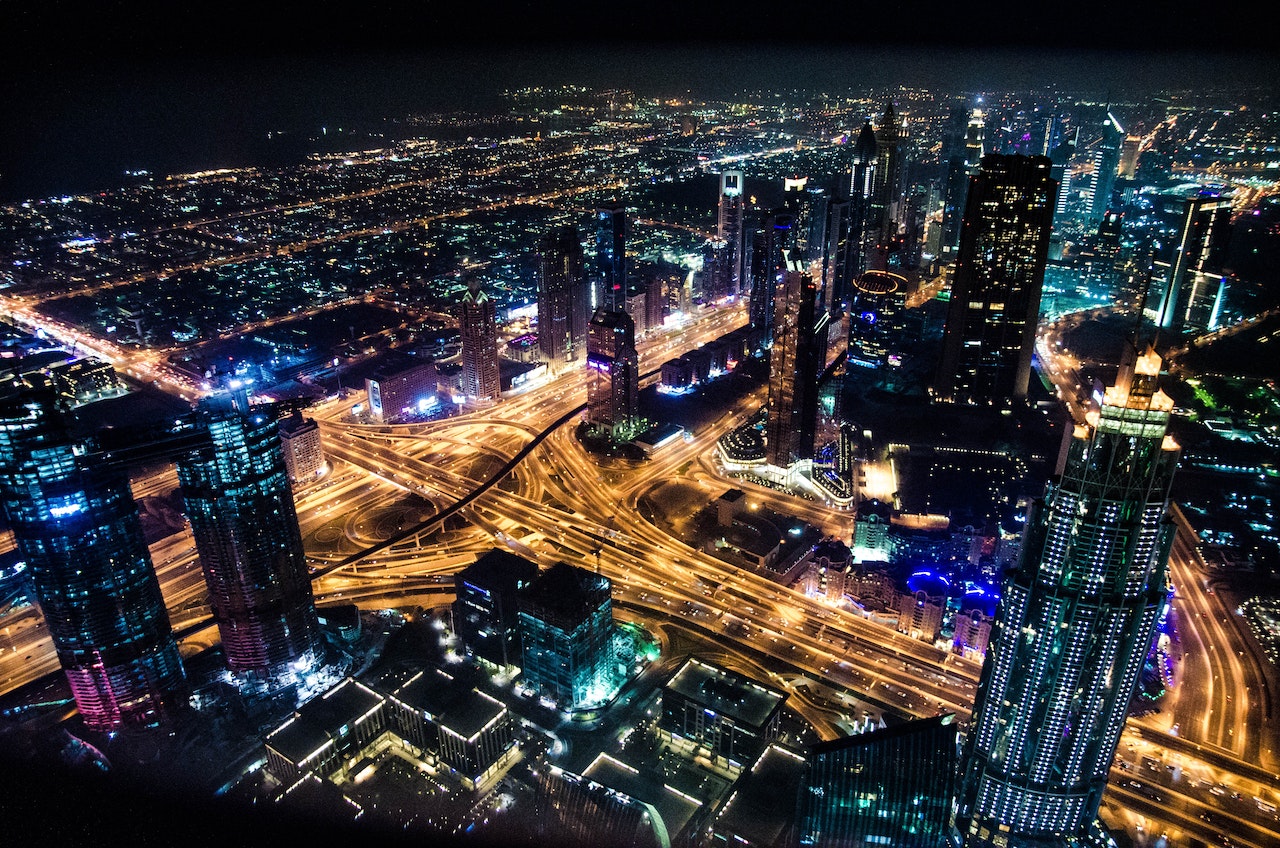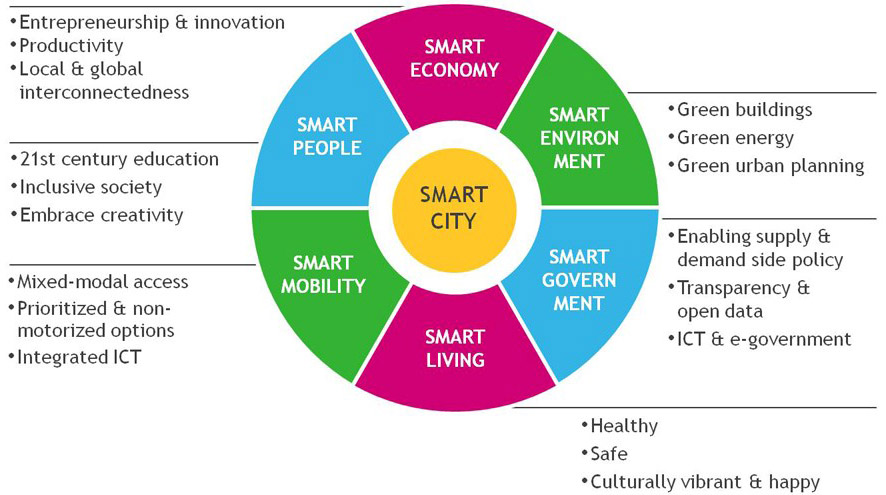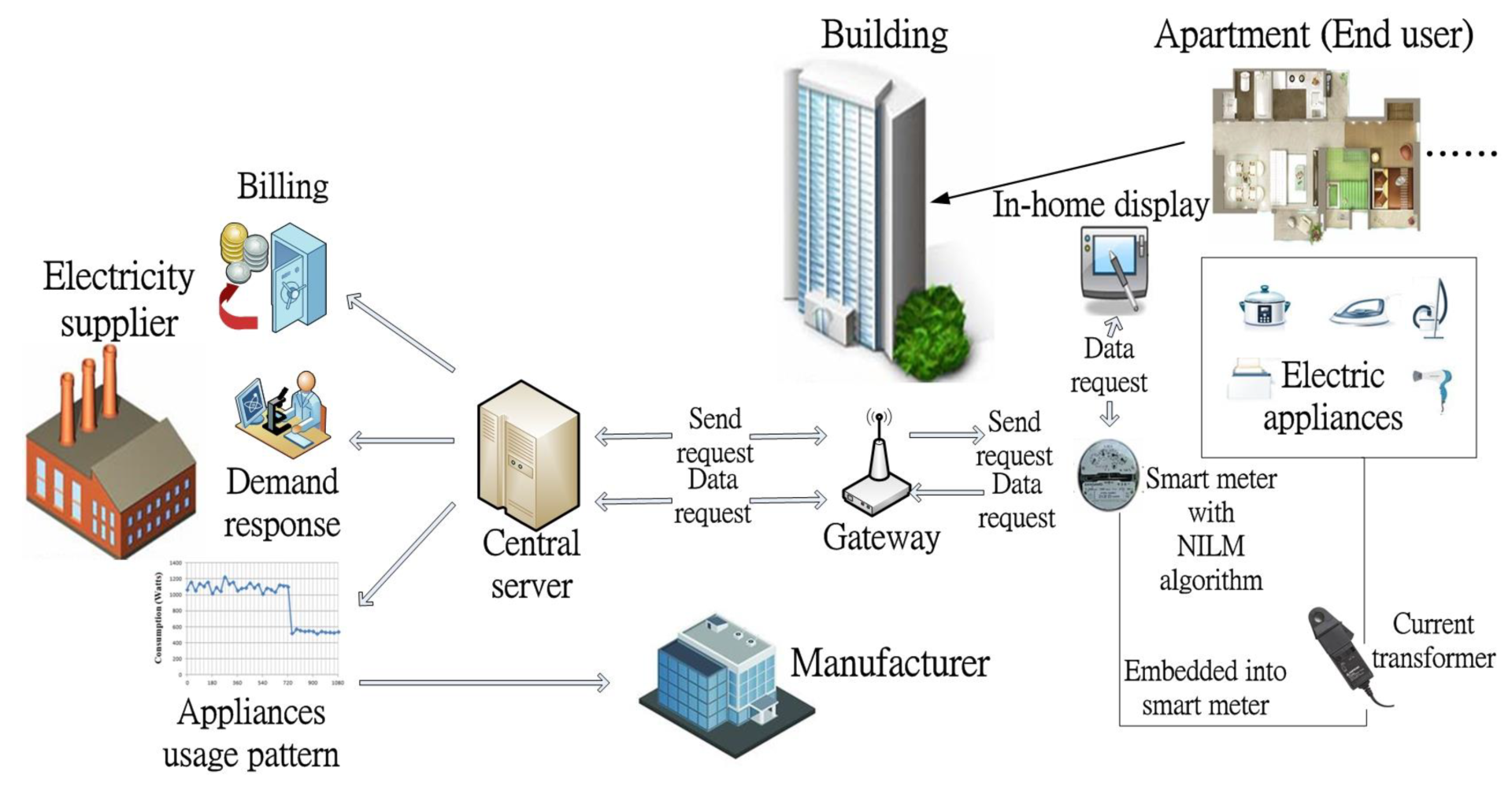Comments
- No comments found

Smart cities are urban areas that use technology and data to improve the quality of life for their citizens.
Numerous advanced applications are exhibiting their potential to reduce traffic, energy consumption, pollution, enhance security, and improve citizen participation. Smart cities are leveraging modern technologies such as AI and IoT to eliminate various urban problems.
The use of technology in smart cities leads to an increase in energy consumption. Governments and smart city planners must develop an effective approach to address the concerns associated with smart cities. In this article, we will explore the challenges and opportunities related to energy consumption in smart cities.

Source: Lvivity
Turning to smart city solutions allows cities to grow sustainably and improve the quality of residents’ lives.
Here are some key features of a smart cities:
Smart transportation is an approach that incorporates modern technologies into transportation systems. This includes the use of technology to optimize traffic flow, reduce congestion, and improve public transportation. This can include things like traffic cameras, smart traffic lights, and real-time public transportation information.
Smart Buildings are pushing the boundaries of intelligent building integration using the internet of things. They rely on modern technology to improve the energy efficiency of buildings, such as through the use of smart lighting and heating systems.
Smart infrastructure is a smart system that uses a data feedback loop to improve decision-making regarding a matter. This includes the use of technology to improve the infrastructure of the city, such as through the use of smart water and waste management systems.
Smart governance is the use of technology and innovation to facilitate and support enhanced decision-making and planning within governing bodies. This includes the use of technology to improve the delivery of public services and the engagement of citizens in the decision-making process.

Source: MDPI
As a result of increased energy consumption in smart cities, CO2 emissions will spike, causing global temperature to rise.
Here are some key challenges of energy consumption in smart cities
Combined residential and commercial energy demand is projected to rise by around 15% through 2050. Led by the growing economies of developing nations, average worldwide household electricity use will rise about 75% between 2021 and 2050.
As more technology is implemented in smart cities, the demand for energy increases. This can lead to strain on the existing energy infrastructure and the need for new energy sources.
Energy consumed must be measured locally, in real time, and it starts with the devices and machines.
Smart cities rely on a large number of sensors and devices, which can make it difficult to accurately measure energy consumption. This can make it difficult to identify areas where energy savings can be made.
A range of standards are needed to help the smart city meet its potential.
There is currently no standardization in the technology used in smart cities, which can make it difficult to compare energy consumption between different cities.

Source: Saft Batteries
Smart cities should integrate IoT networks and services for a better and more efficient use of energy resources.
Here are some opportunities to improve energy consumption in smart cities:
Smart cities can use technology to improve energy efficiency and reduce energy consumption. For example, smart lighting systems can be used to reduce lighting energy consumption, and smart buildings can use data to optimize HVAC systems.
Smart cities can also use technology to increase the use of renewable energy sources, such as solar and wind power.
Smart cities can use technology to improve the infrastructure for electric vehicles, making it easier for citizens to adopt electric transportation.
Energy consumption in smart cities is a complex issue with both challenges and opportunities. By using technology to improve energy efficiency and increase the use of renewable energy, smart cities can reduce their energy consumption and improve the quality of life for their citizens. However, the lack of standardization and difficulty in measuring energy consumption remain significant challenges that need to be addressed.
Felix is the founder of Society of Speed, an automotive journal covering the unique lifestyle of supercar owners. Alongside automotive journalism, Felix recently graduated from university with a finance degree and enjoys helping students and other young founders grow their projects.
Leave your comments
Post comment as a guest